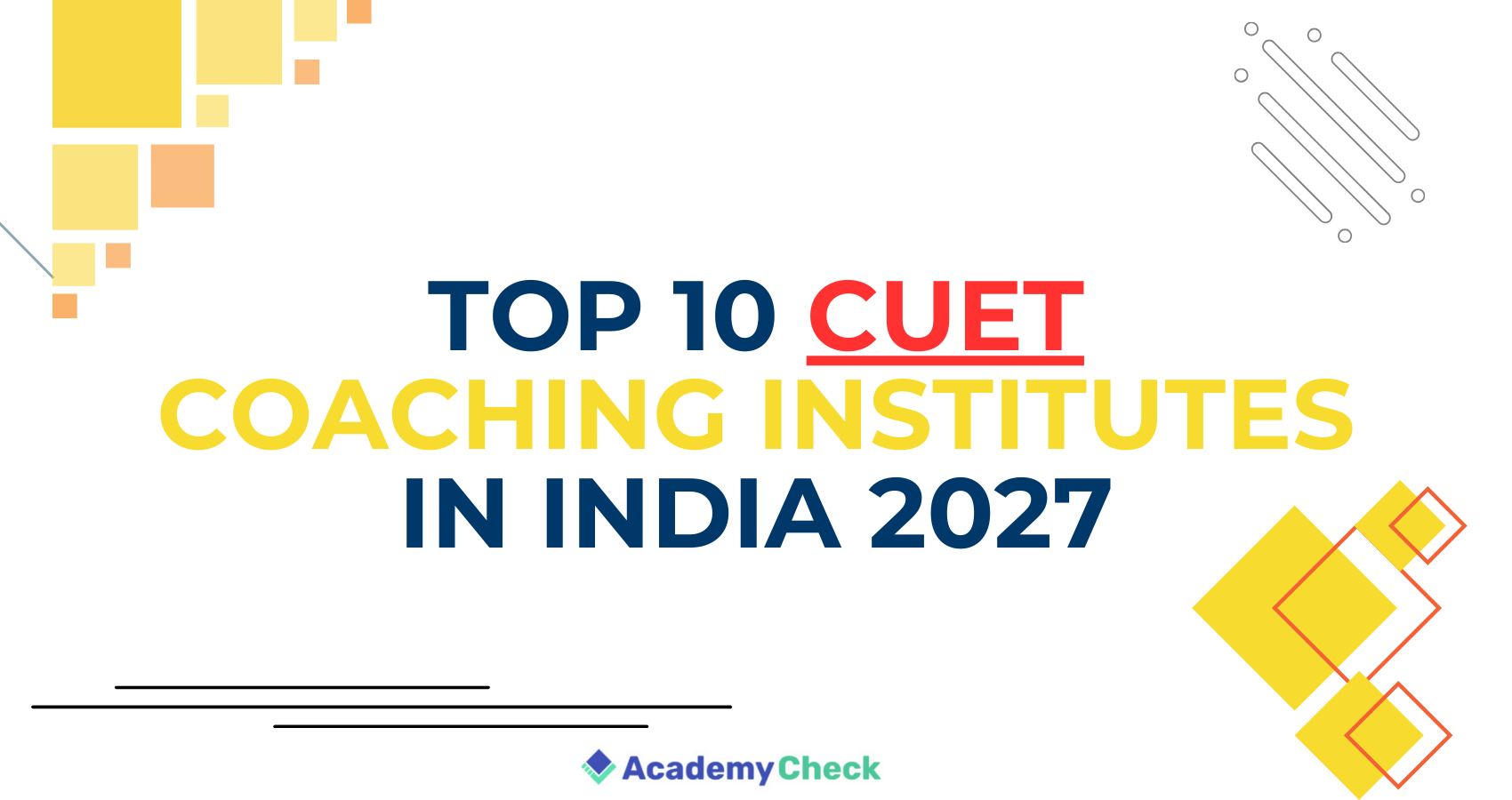List of sources to cover the UPSC syllabus
Get ready to crack the UPSC exam with our guide to trusted study materials and effective preparation techniques!
Dr. Nitanshu Garg

In the journey to crack the UPSC examination, aspirants often find themselves overwhelmed by the vastness of the syllabus and the plethora of study materials available. However, success in this prestigious exam requires a strategic approach and reliance on authentic sources of information. Here, we present a comprehensive list of such sources that will aid UPSC aspirants in their preparation journey.
- NCERT Books: These are the foundation for UPSC preparation, covering subjects from Class 6 to Class 12.
- NIOS (National Institute of Open Schooling) Material: Especially useful for candidates who require simplified study material.
- Yojana and Kurukshetra Magazines: These government publications provide in-depth analysis of socio-economic issues.
- Economic Survey and Budget: Essential for understanding economic concepts and government policies.
- India Year Book: Offers comprehensive information on various government schemes, initiatives, and statistical data.
- Newspapers: The Hindu, Indian Express, and Business Standard are recommended for current affairs.
- Government Reports: Reports published by ministries and government agencies offer valuable insights into policy matters.
- Websites: PIB (Press Information Bureau), PRS India, and Rajya Sabha TV provide authentic government-related news and debates.
- Standard Reference Books: For subjects like History, Geography, Polity, Economy, and Environment, refer to books by renowned authors. Follow AcademyCheck's youtube channel for detailed information.
- UPSC Previous Year Question Papers: Practice papers from past years to understand the exam pattern and types of questions asked. Stay tuned on AcademyCheck's blogs for detailed topic wise question analysis and division.
- NITI Aayog Reports: Access reports on various sectors to gain insights into government initiatives and challenges.
- ARC Reports: Study reports from the Administrative Reforms Commission for a deeper understanding of governance issues.
- International Relations: Refer to books, journals, and websites covering global affairs and diplomatic relations.
- IGNOU Material: Material provided by the Indira Gandhi National Open University can supplement your preparation.
- Journals and Periodicals: Publications like EPW (Economic and Political Weekly) offer critical analysis of socio-economic issues.
- Think Tanks and Research Institutes: Reports and studies by organizations like IDSA, ICWA, and NIPFP are valuable for international relations and policy analysis.
- Authentic Online Platforms: Utilize online platforms like AcademyCheck, which curate authentic study material and provide a platform for interaction and guidance.
- Government Websites: Refer to official websites of ministries and departments for policy documents, reports, and notifications.
- Supreme Court Judgments: Gain insights into legal aspects by studying landmark judgments and their implications.
- Additional Sources: TED Talks, documentaries, and academic papers can provide diverse perspectives and enrich your understanding.
By leveraging these authentic sources, UPSC aspirants can enhance their knowledge base, hone their analytical skills, and boost their confidence to tackle the exam effectively. Remember, success in UPSC is not just about hard work, but also about smart work and utilizing the right resources wisely.
Happy studying! And always remember, we, at AcademyCheck, are always with you.
-176891918358028.png)
-176891919459421.png)
-1768976601225787.png)
